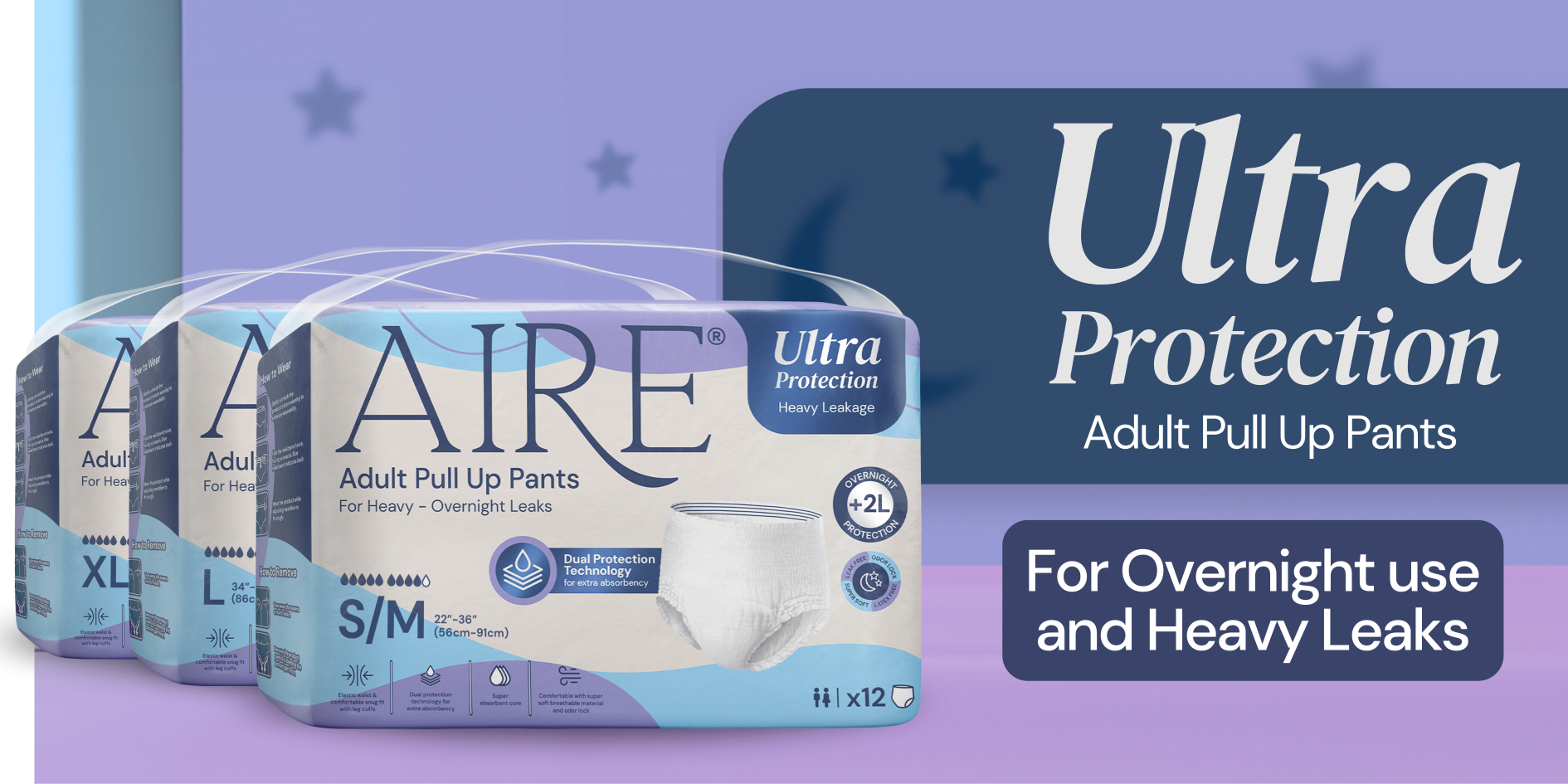The Hydration Connection: Drinking Water and Incontinence or Urine Leakage
In our pursuit of health and well-being, we often overlook the simplest yet most essential element: water. The benefits of proper hydration extend far beyond quenching thirst; they are foundational to numerous bodily functions. However, what many people may not realize is the potential impact of hydration on urinary health, particularly concerning incontinence. In this blog post, we delve into the intricate relationship between drinking water and managing incontinence.
Understanding Incontinence: Firstly, let's understand what incontinence entails. Incontinence refers to the involuntary loss of urine, a condition that affects millions of people worldwide. It can vary in severity, from occasional leaks to complete loss of bladder control. While it can occur at any age, it's more prevalent among older adults.
There are several types of incontinence, including stress incontinence, urge incontinence, overflow incontinence, and functional incontinence. Each type has its underlying causes and triggers, which can range from weak pelvic floor muscles to neurological conditions.
Hydration plays a crucial role in urinary health, and its impact on incontinence can be multifaceted. Here's how drinking water can influence incontinence:
-
Bladder Irritants: Certain beverages, such as caffeinated drinks and alcohol, can irritate the bladder, exacerbating urinary urgency and frequency, common symptoms of incontinence. By staying hydrated with water instead of these irritants, you may help reduce bladder irritation and associated symptoms.
-
Maintaining Bladder Function: Adequate hydration is essential for maintaining optimal bladder function. Dehydration can lead to concentrated urine, which may irritate the bladder lining and exacerbate incontinence symptoms. Drinking enough water ensures that urine remains diluted, reducing the likelihood of irritation.
-
Supporting Pelvic Floor Health: Proper hydration is crucial for maintaining muscle function, including the pelvic floor muscles responsible for urinary control. Staying hydrated supports the elasticity and strength of these muscles, which can help prevent leaks and improve bladder control.
-
Avoiding Overhydration: While staying hydrated is important, excessive fluid intake can also pose challenges for individuals with incontinence. Drinking too much water can increase bladder volume and lead to more frequent urination, potentially worsening symptoms. It's essential to strike a balance and drink water steadily throughout the day.
Tips for Managing Hydration and Incontinence:
- Monitor Fluid Intake: Keep track of your fluid intake throughout the day, aiming for a balance that maintains hydration without overloading the bladder.
- Choose Water: Opt for water as your primary source of hydration, minimizing consumption of bladder irritants like caffeinated beverages and alcohol.
- Stay Hydrated Throughout the Day: Sip water regularly rather than consuming large amounts at once, which can put undue pressure on the bladder.
- Seek Professional Advice: If you're struggling to manage incontinence and urine leakage or have concerns about your hydration habits, consult a healthcare professional for personalized guidance and support.
The connection between drinking water and managing incontinence underscores the importance of hydration in urinary health. By understanding how hydration impacts bladder function and incontinence symptoms, individuals can make informed choices to support their well-being. Remember, staying hydrated with water and adopting healthy hydration habits can be valuable steps toward managing and potentially improving symptoms of incontinence.



